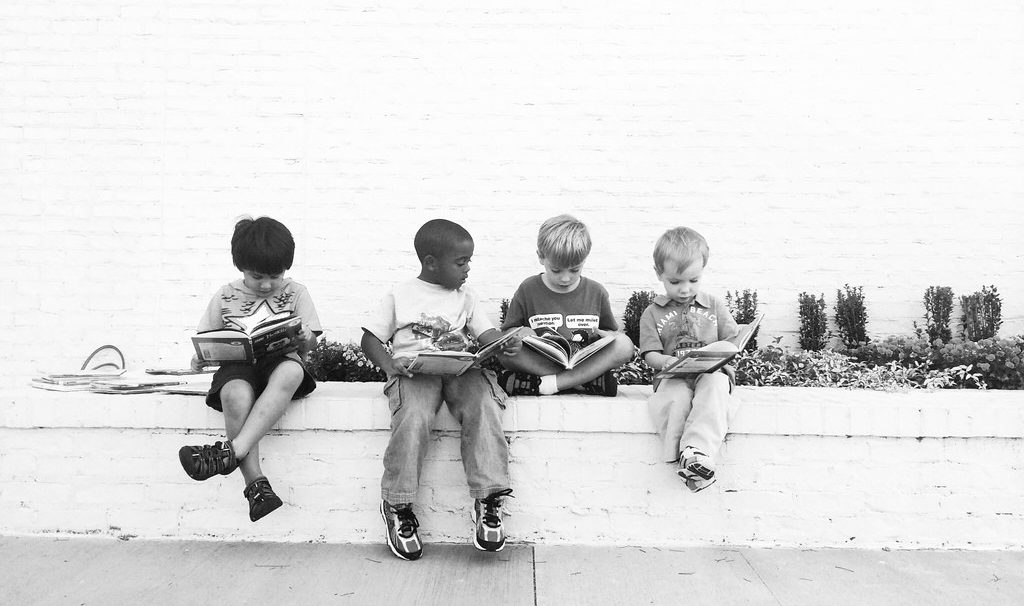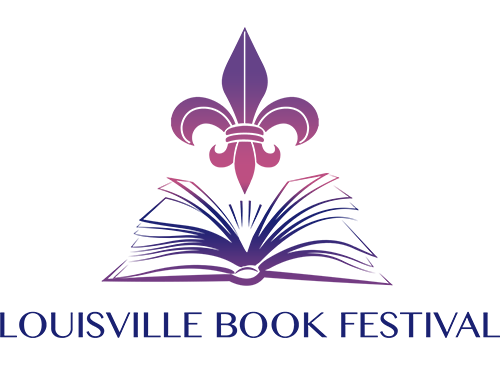The 2024 Louisville Book Festival will be held at the Kentucky International Convention Center on Friday, October 18 and Saturday, October 19
The 2024 Louisville Book Festival will be held in downtown Louisville, KY on October 18th and 19th from 10 am to 6 pm at the Kentucky International Convention Center. This year will continue to give us the opportunity to celebrate the city’s culture and resiliency, while striving towards the goal that all children have access to books in their home. Highway 65 is the divide between east and west Louisville. West of 65, there are no book stores which greatly reduces access to books for our children and youth, creating a book desert. Our goal for the Louisville Book Festival is to ensure every child that attends the Book Festival on Children’s Day leaves with at least one free age appropriate book. We will continue to work on the goal of getting books in to the hands of children year round through our programs like It Pays to Read.
Read more about the impact of book deserts below and see portfolio for the festival here.
Where Books Are All But Nonexistent
In many high-poverty urban neighborhoods, it’s nearly impossible for a poor child to find something to read in the summer.

Forty-five million. That’s how many words a typical child in a white-collar family will hear before age 4. The number is striking, not because it’s a lot of words for such a small human—the vast majority of a person’s neural connections, after all, are formed by age 3 —but because of how it stacks up against a poor kid’s exposure to vocabulary. By the time she’s 4, a child on welfare might only have heard 13 million words.
This disparity is well-documented. It’s the subject of myriad news stories and government programs, as well as the Clinton Foundation’s “Too Small to Fail” initiative, all of which send the message that low-income parents should talk and read to their children more. But these efforts to close the “word gap” often overlook a fundamental problem. In high-poverty neighborhoods, books—the very things that could supply so many of those 30 million-plus words—are hard to come by. In many poor homes, they’re nonexistent.
“Book reading really provides the words the children need to learn,” said Susan Neuman, a childhood- and literacy-education researcher at New York University who served as the assistant education secretary under George W. Bush. “Frankly, when you and I talk to our children, we’re talking in a baby-talk-like way—we’re not using sophisticated language. But even a very low-level preschool book like a Dr. Seuss book has more sophisticated vocabulary than oral discourse. So it’s really about the print gap and not the oral-word gap.”
Read article in its entirety here
